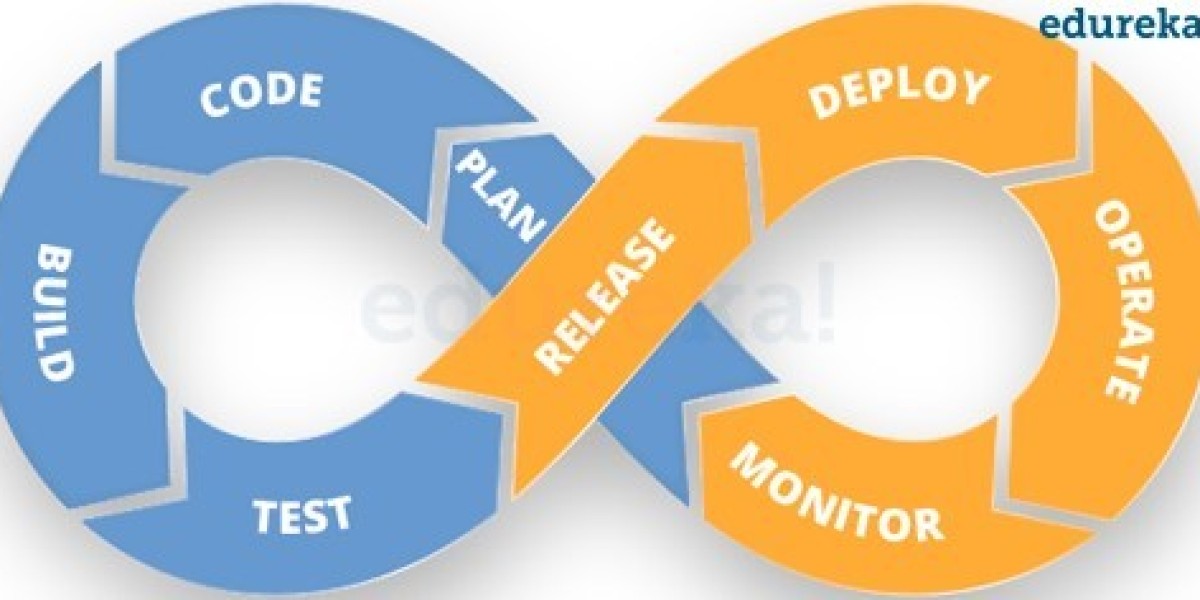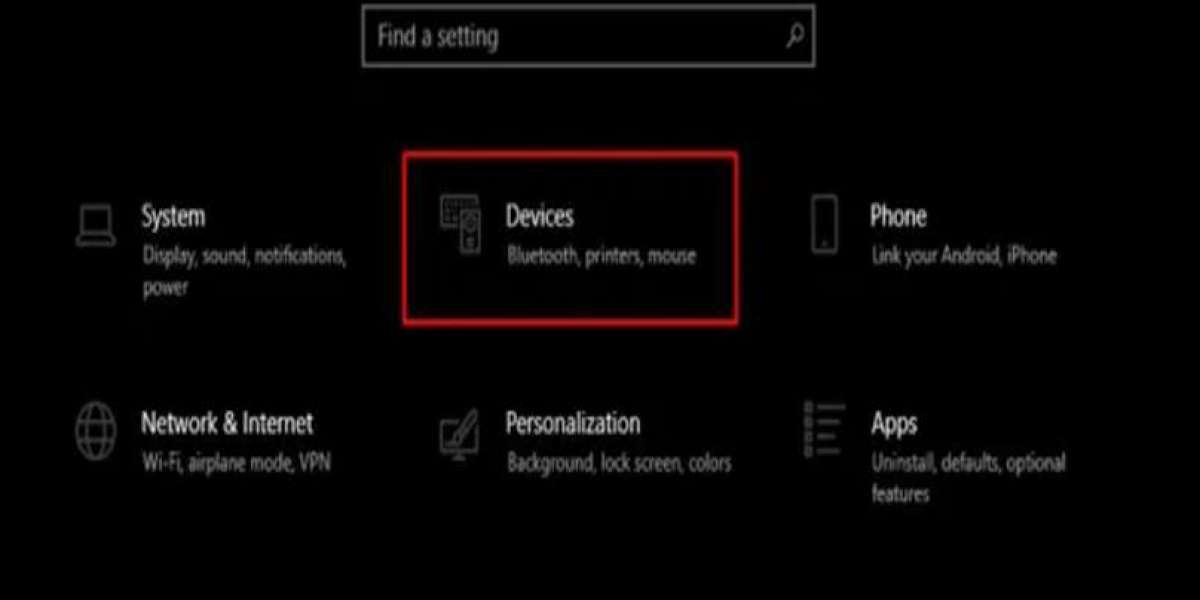In DevOps, a CI (Continuous Integration) server, also known as a CI/CD (Continuous Integration/Continuous Deployment) server or a build server, is a crucial component of the software development and delivery pipeline. It is responsible for automating the process of integrating code changes from multiple developers into a shared repository, validating those changes, and triggering the necessary build, test, and deployment activities.
The CI server acts as the central hub for managing and orchestrating the continuous integration process. Its primary functions include:
1. Source Code Integration: The CI server monitors the version control system, such as Git, and continuously checks for code changes. It automatically fetches the latest code changes from the repository and merges them into a common baseline.
2. Build Automation: Once code changes are integrated, the CI server initiates the build process, which involves compiling the source code, resolving dependencies, and generating executable artifacts, such as binaries or packages. This automation ensures that the build process is consistent, repeatable, and error-free.
3. Automated Testing: After the build is successful, the CI server triggers automated tests, including unit tests, integration tests, and other types of tests as defined in the CI pipeline. These tests verify the correctness, quality, and stability of the software, providing fast feedback to the development team.
4. Notification and Reporting: The CI server provides notifications to the development team about the status of builds and tests. It generates reports and metrics, such as test coverage and code quality, to help track the health of the software and identify areas for improvement.
By employing a CI server in the DevOps workflow, teams can achieve several benefits, including faster feedback loops, early bug detection, improved collaboration, and increased confidence in software releases.
To gain proficiency in CI servers and other DevOps practices, you can explore DevOps Course. One recommended course is the "DevOps Practitioner" course offered by various educational platforms and organizations. This course covers essential DevOps concepts, including CI/CD, and provides hands-on experience with popular CI servers such as Jenkins, GitLab CI/CD, or Azure DevOps.
By taking a DevOps course, you can enhance your understanding of CI servers, learn how to set up and configure them, and gain practical knowledge in integrating, building, testing, and deploying software continuously. These courses often include real-world scenarios and exercises to help you apply CI practices effectively in software development and delivery.







